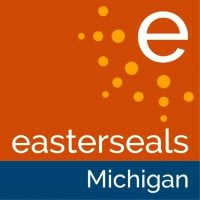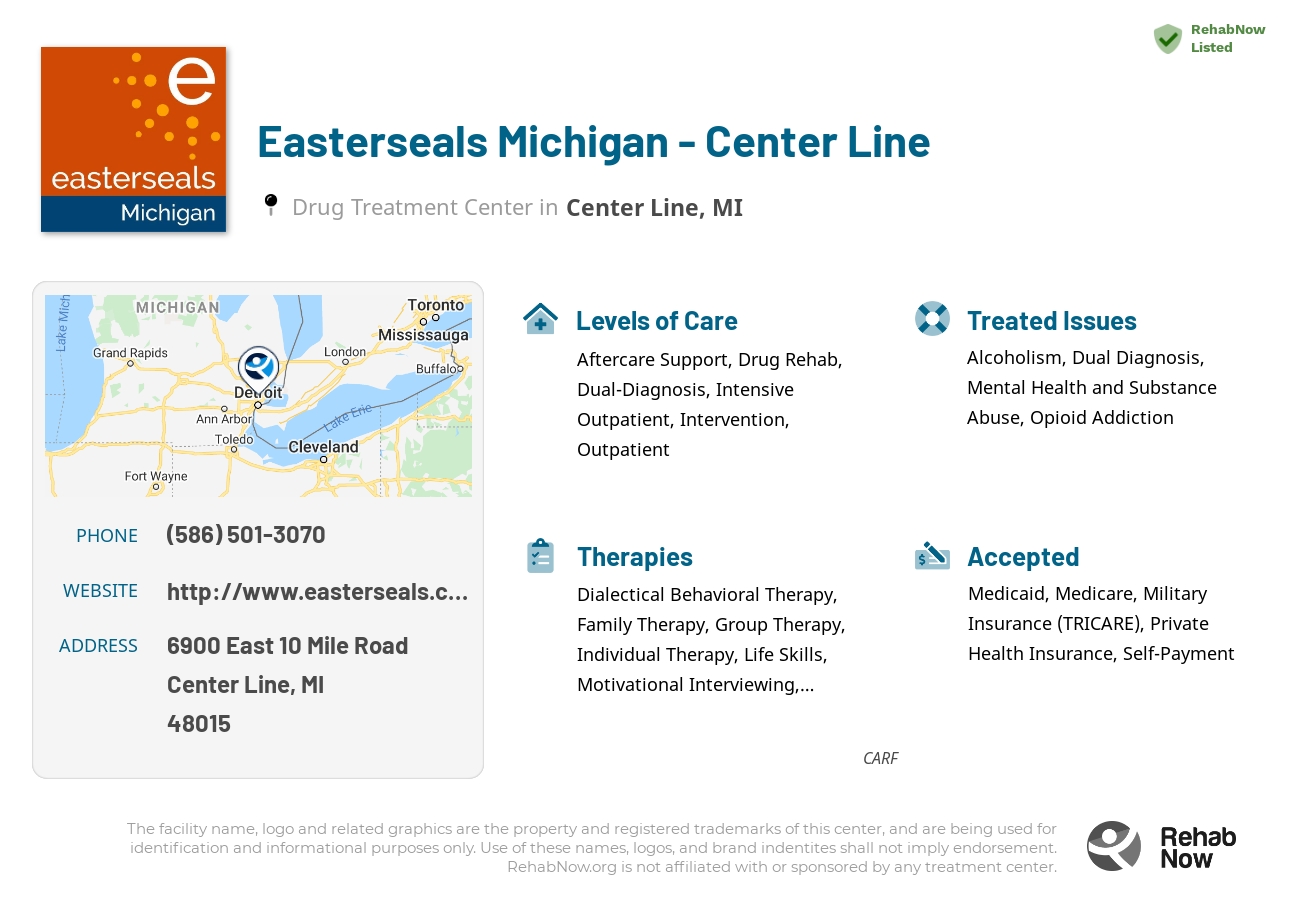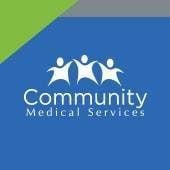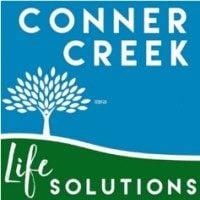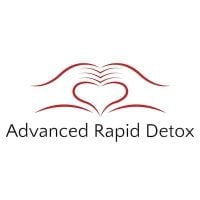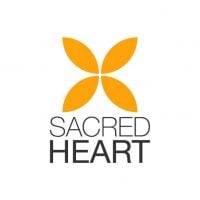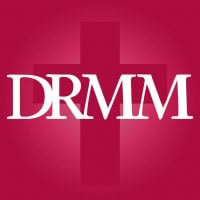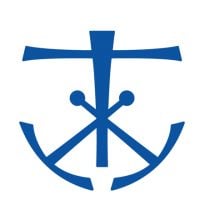Easterseals Michigan - Center Line
Drug Rehab Center in Center Line, Michigan
Easterseals Michigan - Center Line is a substance abuse and addiction treatment center offering a range of services such as counseling and educational programs, medication management, and holistic approaches to addiction treatment with experienced staff working towards comprehensive recovery plans.
About This Michigan Facility
Easterseals Michigan - Center Line, located in Center Line, MI, specializes in outpatient services for individuals grappling with mental health diagnoses and/or substance addiction. This facility stands out for its commitment to enhancing the lives of individuals with special needs and their families by equipping them with essential skills for achieving personal goals. It offers a comprehensive range of client-centered behavioral health services, including integrated dual diagnosis treatment and crisis intervention.
- Integrated Dual Diagnosis Treatment: Tailored to meet the unique needs of individuals facing both mental health issues and substance addiction.
- Psycho-educational Groups: Provides vital information and support for coping with addiction and mental health challenges.
- Crisis Intervention: Offers immediate support and intervention strategies for individuals in acute distress.
Easterseals Michigan - Center Line is recognized for its quality of care through its accreditation by the Commission on Accreditation of Rehabilitation Facilities (CARF). The facility’s dedication to delivering personalized care is evident in its wide array of services designed to support patients in achieving their recovery goals.
The facility addresses a variety of addictions and issues, including alcoholism, opioid addiction, drug addiction, and dual diagnosis. Treatment methods encompass medication-assisted treatment, individual, group, and family therapy, alongside levels of care ranging from intensive outpatient to standard outpatient services.
Genders
Ages
Modality
Additional
Accreditations

CARF
The Commission on Accreditation of Rehabilitation Facilities (CARF) is a non-profit organization that specifically accredits rehab organizations. Founded in 1966, CARF's, mission is to help service providers like rehab facilities maintain high standards of care.
Conditions and Issues Treated
Opioid addiction treatment should be done in a medically supervised drug rehab. Opioid addiction treatment will include detoxification and drug rehab counseling to help both the user and their loved ones learn how to live a successful sober lifestyle. Methadone, buprenorphine, and naltrexone are three medications that can help treat opioid addiction. Individual drug rehab counseling sessions can be helpful to discuss any questions or concerns with the drug treatment program.
When addiction and psychiatric issues co-occur, the addict’s recovery is more successful when both conditions are treated. A dual diagnosis refers to a condition in which the patient is diagnosed with two health issues: addiction and bipolar disorder.
Usually, dual diagnosis sufferers are prescribed a combination of treatments for each condition. The most common therapies are psychotherapy, behavioral therapy, spiritual counseling, 12-step programs, and medication management.
Psychiatric conditions are an obstacle to recovery because they can create roadblocks to a healthy lifestyle. Drugs and alcohol may be used as a means of self-medication, which can have dangerous consequences. Over time, addicts build up a tolerance and suffer withdrawal symptoms when drug use is stopped.
With the proper treatment, dual diagnosis sufferers can overcome their conditions and achieve lasting sobriety.
Levels of Care Offered at Easterseals Michigan - Center Line
This center offers a variety of custom treatment tailored to individual recovery. Currently available are Aftercare Support, Drug Rehab, Dual-Diagnosis, Intensive Outpatient, Intervention, Outpatient, with additional therapies available as listed below.
The Intensive Outpatient Program at Easterseals Michigan - Center Line is for those who need intensive care but would rather get it in the comfort of their own home. The treatment programs vary in duration and intensity and can be tailored to suit the individual’s needs. IOP helps the patient to live at home and gradually get back to their routine life.
Daily trips to the hospital that provides the treatment include intensive outpatient services (IOP). The patients gradually get back to their everyday lives. IOP benefits the most when the patients have a supportive family member or friend who can encourage them in their recovery.
Individuals struggling with drug addictions can get help from several treatment options, including inpatient and outpatient programs. Outpatient drug treatment programs can also provide patients with different levels of care, usually depending on the patient’s degree of addiction.
At an outpatient program in Center Line, a patient will attend a recovery program during the day and return home in the evening. Suppose a patient is struggling with drug addiction. In that case, an outpatient program can serve as an effective transition point during the recovery process.
Intervention services are designed to help family members and friends confront an addict about their drug use. While some addicts will immediately seek treatment after this confrontation, others don’t want to quit or need professional help with the process.
During an intervention, family members and friends work with a professional interventionist who will lead them through the discussion. This professional will help the addict understand that they need to get treatment and provide them with resources for recovery.
Aftercare is a part of drug rehabilitation. It is also known as “post-treatment support.” Aftercare programs are available for addicts after they complete drug rehab. It is often the final step in the recovery process. The goal of aftercare is to ensure that addicts maintain their achievements in rehab and do not relapse. Professionals generally provide aftercare (including addiction therapists, physicians, social workers, psychologists) and involve individual and group therapy sessions.
Therapies & Programs
Individual therapy is a critical component of addiction recovery. It allows the patients to go deep into their core issues and discover how to handle those problems better. Therapy can be conducted in individual sessions as well as group settings. In individual therapy for addiction, the patient meets with their therapist one-on-one to focus on the underlying issues. This allows patients to open up and discuss personal topics they may not feel comfortable discussing in a group setting. This type of therapy can help develop solutions specific to each patient, which helps speed up the recovery process.
Family therapy is a crucial part of drug treatment and getting sober. It is one of the most effective ways to help addicts stay on the path to long-term sobriety. When a drug addict decides that they want to try and get sober, it takes the support of every person they love to succeed. It can be incredibly difficult for loved ones to watch an addict go through the pain and suffering of withdrawal, but by being there with them and supporting them, they can help to make sure that the addiction never returns.
One of the most important parts of family therapy is the relapse prevention plan. During treatment, therapists and doctors will often sit down with the addict and their family to develop a plan in case the addict ever feels like they want to use again. This plan should involve steps the addict and family can take together to prevent them from relapsing in the future. An addict’s family can play a vital part in helping them to avoid relapse because they can spot the warning signs and help them get back on track before it becomes too much of a problem.
Group therapy helps prevent addicts from feeling isolated or unique in their situation by offering a sense of comfort and fellowship. It also creates a forum for addicts to build their support systems and learn from each other. The group therapy sessions at Easterseals Michigan - Center Line occur in a group setting rather than one-on-one to create a safer, controlled environment where addicts feel comfortable.
Trauma therapy helps people dealing with addiction by allowing them to confront the traumas of their past and move past them. It is important to note that trauma therapy should not be confused with PTSD (post-traumatic stress disorder) Rather, it is used to treat the effects of trauma, which are often at the root of addiction.
Dialectical Behavior Therapy was developed in the 1980s to treat chronically suicidal individuals. It is a cognitive-behavioral therapy that combines strategies derived from Zen Buddhism, such as mindfulness training. DBT has been adapted for use with other types of psychiatric problems, including substance abuse and personality disorders. DBT aims to help patients change their thinking and behavior, instead of relying on medication.
The best drug treatment centers offer various services to help addicts learn how to live without drugs. Since addiction is a chronic physical and mental illness, addicts need to learn as many life skills as possible to help them stay clean and sober.
Many drug treatment centers like Easterseals Michigan - Center Line offer life skills activities as part of their addiction recovery programs. Examples include cooking classes, employment training, resume writing seminars, parenting classes, and computer training. When addicts have various life skills to lean on, they’re better equipped to put their addiction behind them for good.
The primary goal of life skills activities at drug treatment centers like Easterseals Michigan - Center Line is to help addicts recover from addiction and learn how to live a useful, productive life. Life skills activities help addicts find employment, take care of their families, and give back to the community. After learning about these various life skills, addicts are better prepared to return to society and lead happy healthy lives.
Payment Options Accepted
For specific insurance or payment methods please contact us.
Is your insurance accepted?
Ask an expert, call (888) 674-0062
Easterseals Michigan Associated Centers
Discover treatment facilities under the same provider.
- Easterseals Michigan - Pontiac in Pontiac, MI
- Easterseals Michigan in Southfield, MI
- Easterseals Michigan - Walled Lake in Walled Lake, MI
- Easterseals Michigan - Southfield in Southfield, MI
- Easterseals Michigan - Southfield in Southfield, MI
Learn More About Easterseals Michigan Centers
Additional Details
Specifics, location, and helpful extra information.
Center Line, Michigan 48015 Phone Number(586) 501-3070 Meta DetailsUpdated April 15, 2024
Staff Verified
Patient Reviews
There are no reviews yet. Be the first one to write one.
Center Line, Michigan Addiction Information
Michigan has the second-highest rate of drug and alcohol abuse in the nation. Heroin is linked to more than 50% of the state's hepatitis C cases. Marijuana is the drug most often associated with crimes in Michigan, followed by methamphetamines. Opioids alone are responsible for almost 20% of all drug overdose deaths in Michigan.
Drug addiction is a serious problem in Center Line, Michigan, and it is getting worse. According to recent data, the number of drug addicts in this city is on the rise. The number of people admitted for addiction treatment in the area increased by 207% between 2003 and 2013. There are many different types of treatment options available in Center Line. Some of these include inpatient rehabilitation, outpatient rehabilitation, and detoxification programs.
Treatment in Nearby Cities
- Southgate, MI (19.9 mi.)
- Oak Park, MI (7.6 mi.)
- Portage, MI (131.5 mi.)
- South Haven, MI (165.4 mi.)
- New Buffalo, MI (196.0 mi.)
Centers near Easterseals Michigan - Center Line
The facility name, logo and brand are the property and registered trademarks of Easterseals Michigan - Center Line, and are being used for identification and informational purposes only. Use of these names, logos and brands shall not imply endorsement. RehabNow.org is not affiliated with or sponsored by Easterseals Michigan - Center Line.
